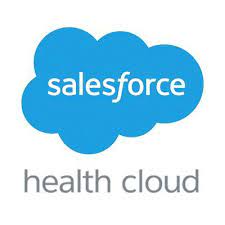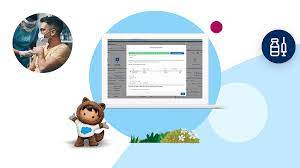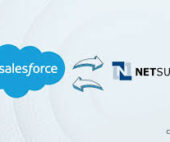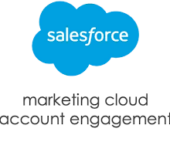Personalized Experiences in Healthcare
Customization plays a pivotal role in elevating engagement and fostering trust between healthcare providers and patients. By crafting personalized communications and experiences grounded in patient demographics, health status, and preferences, healthcare organizations can position themselves as reliable partners in their patients’ health journeys. The arrival of Salesforce Personalization brings a whole new set of tools









